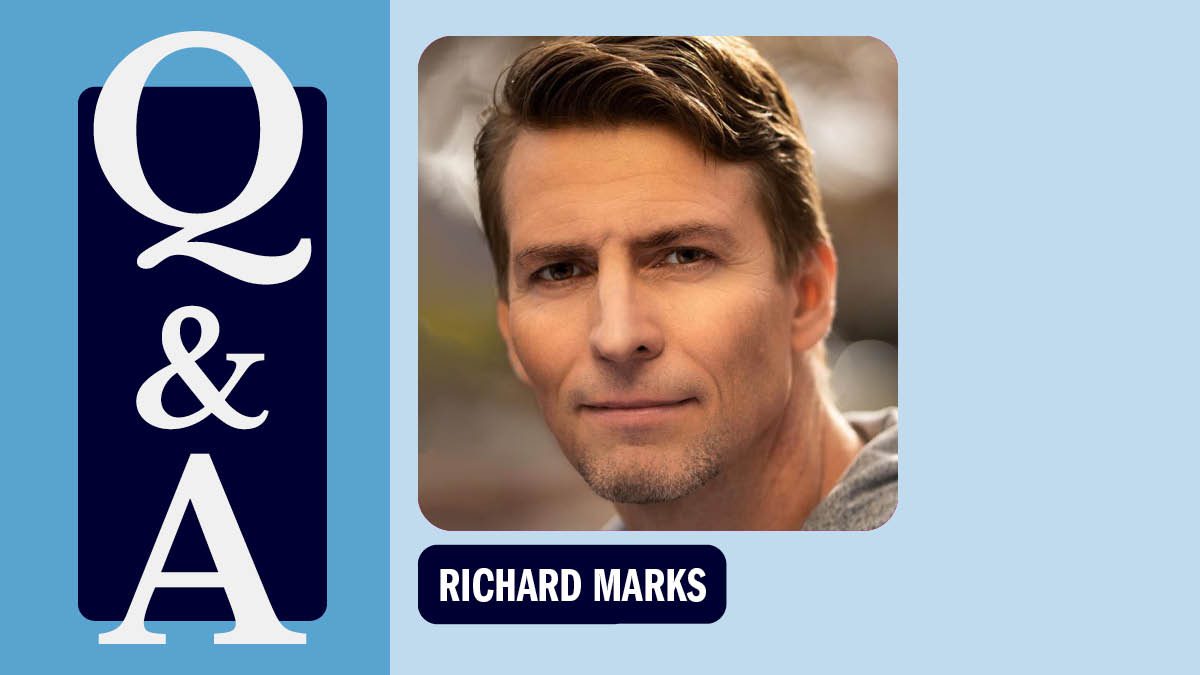Tech industry innovator enters academia
Professor Richard Marks talks about how he’s applying his Google and PlayStation experience in the classroom.

Before coming to UNC-Chapel Hill, professor Richard Marks spearheaded game-changing projects at Google and Sony. His 2023 joint appointment in the School of Data Science and Society and the College of Arts and Sciences’ computer science department has generated excitement about his application-focused approach to virtual and augmented reality and machine learning.
In this interview, the former director of the Google Advanced Technology and Projects group and head of the PlayStation Magic Lab reflects on his industry experience and the impact that will have on his teaching.
What prompted your pivot to academia?
When I was young, both of my parents were high school teachers, and I always thought that I would like to go into education. I made a conscious decision that I would spend a certain amount of time in school, and then in industry, and then afterwards coming back to school and teaching. I kind of set it as 25-25-25 years. It didn’t quite work exactly that way because I finished my Ph.D. when I was 26, and then I stayed a little longer in industry. But I always had this target, and I thought that having some real-world industry experience would be valuable to come back and share. My thesis adviser at Stanford, Steve Rock, had worked in industry some, and it gave him an interesting perspective that I appreciated. I’m hoping to also share that extra perspective with students.
What parts of your past professional experience are you drawing from as a faculty member?
I was initially computer science as an undergraduate, and as an intern in the summer after my first year, I worked at an aerospace company. I was in the software tools group, and there were a bunch of aerospace engineers who were also sitting at computers all day, also programming things, and I thought, “Wait a minute, I don’t have to be a CS major to be a programmer? I can do other engineering things, also?” Some of the tools I was working on as an intern were very dry and not the things I was interested in, so I talked to a lot of the engineers and found that they were working on real-time code to control the airplane and things like that, which sounded much more interesting to me. That was when I became aware that I could still be heavy on CS but make it more applied.
That has kind of carried over through my whole career. I’ve always been focused on the application of technology. My team at Sony developed a lot of new technologies but always with an application for them in mind.
How will your industry experience shape your students’ educational experience?
One of the things that led me to follow the path I did was that when I asked a professor or a high school teacher, “When will this be used?” sometimes there would be no good answer. I want to always have a use case that I can relate classwork back to. I have a lot of videos from my time at Sony demonstrating the techniques the students are learning, so the students have very concrete examples of how this could matter or has mattered in the past.
I also get a lot of students asking for career advice. I worked at a startup, at a big company and as a consultant. When they’re looking for jobs, I can give some advice and get a feel for their interests and the types of roles they might like best. I’m not a career counselor, but I try to be helpful.







